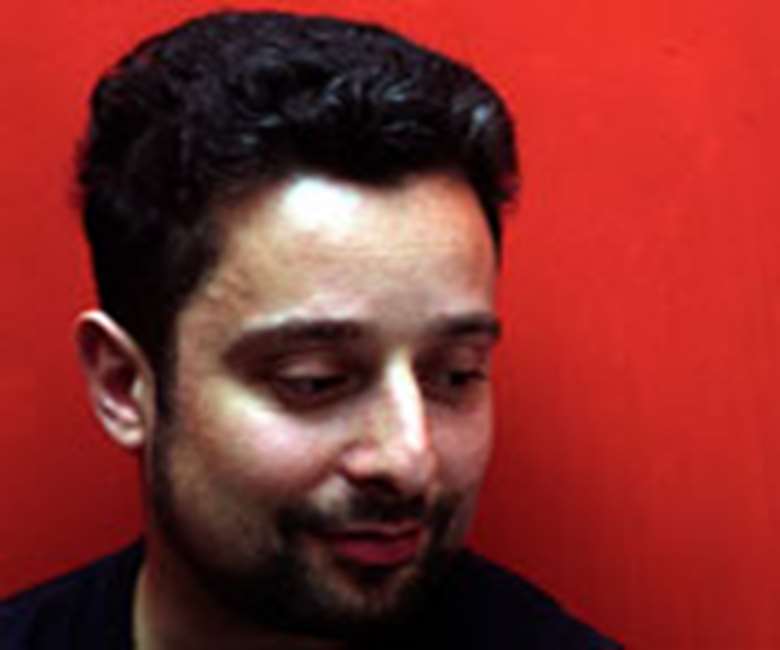Jonathan Gee - Piano
Tuesday, May 1, 2007
“All the family plays piano,” says Gee, who grew up in an environment saturated with the various colours of classical music. “My grandfather, Harold C. Gee, was a professional classical violinist, who played on the BBC twice a week from 1940-65 and I was brought up on the likes of Bartok, Sibelius, Shostokovich and Britten.”

Gee started playing piano at the age of six, perhaps because he felt he ought to learn to play, rather than because he particularly wanted to. He persevered with lessons for two years, “then I gave up to play clarinet, which also only lasted for two years! I then became a rock guitarist, because that was the thing to be in the 70s – guitars had taken over the world." So what brought him back to the piano? “It was a combination of things. I was studying medieval history at university and my guitar was in a pretty poor state. They had a nice Bechstein grand that the students could play on, and as I was brought up on a Bechstein upright, I felt really at home on it. I’d always enjoyed improvising, so I played around on the instrument and learnt some standards.”
It was about this time that the BBC aired the Oscar Peterson series on TV – Gee was hooked. “That series really got me going, like it did many of my contemporaries. I started listening to all the jazz greats, picking up on jazz harmony and so on.” Dropping out of university allowed Gee to take his music more seriously and to spend more time with his instrument and he attended evening classes at Goldsmiths College with Brian Priestley.
To begin with Gee rented a Yamaha upright, but soon found himself being drawn back to the sound of the Bechstein and so eventually bought a Bechstein upright. Within two years he was regularly gigging on the London circuit. Then a slice of serendipity slipped into his life. “I saw an advert in Loot selling a grand piano. I went to have a look, and there was this rather sad looking rosewood grand piano that had been sitting in this garage for six years. It was a 6’ 7” Bechstein! I called Norman Mkizi one of the true geniuses of piano restoration to check out the serial number and he said: ‘It’s 1908 – it’s a good year."
Gee got it transported to Mkizi at Islington Piano Galleries. When Gee arrived to discuss the restoration Mkizi said: ‘It might be a good year, but there’s no hope for this piano – it’s ruined’. So I said ‘well, I’ve bought it now, you’ve got to do it up. So for the first few months he just dried it out, because it had got soaked in this garage. Then over a two year period he painstakingly glued the whole thing back together again – amazing. One day I walked into the workshop and there were four guys polishing it! Now it’s as good as new."
The Bechstein upright ended up with Gee’s sister, as the newly refurbished grand took its place in his life. As he says, “it thrills me every day.” But you can’t transport your own grand piano from gig to gig. So what does he usually request? “If given the choice I would ask for a good Steinway – because a good Steinway is probably the best piano there is in general use.” But then, as if pre-empting the next question he quickly quips. “But don’t misunderstand me – I’m delighted to have my Bechstein.” Not that he always gigs with an acoustic piano. “On the odd occasion when I need a particular sound like the Rhodes, I will take my Yamaha P120 keyboard to a gig, because it’s got the best Rhodes sound I’ve ever heard, and it’s much easier to transport and to play than the real thing.”
But if Gee had an open cheque book, where would his money go? “I love the Fazioli – it’s the only piano left in the world that’s completely handmade. It’s Italian. The harmonics all ring together. It plays itself. There’s no effort in playing it – it’s playing you!" And then as an afterthought "They’ve got one at Ronnie’s.” Now perhaps that’s why Gee is such a regular visitor to Frith Street.